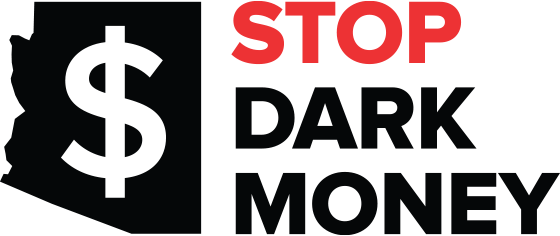Stop Dark Money enthusiastically supports HR-1, the election reform bill pending in Congress.
Many have asked, what effect will HR-1, the comprehensive election reform bill now pending in Congress, if enacted into law have on our Stop Dark Money initiative. The simple answer is “Nothing”. HR-1 contains a sweeping transparency provision similar to our Stop Dark Money law. However, the two statutes are complementary, not competitive. HR-1 applies to disclosure of contributions involving federal elections (congress and the presidency) while Stop Dark Money applies to contributions to state and local election contests. Either can exist without the other, but they are particularly powerful together!
The similarity is not coincidental. The Campaign Legal Center, a nonpartisan election law authority in Washington DC was intimately involved in the drafting of our Stop Dark Money legislation and also one of the drafting partners for HR-1. The threshold triggers are slightly different for how much must be spent to require disclosure of original sources and the minimum contribution requiring disclosure under the Federal scheme is $10,001 while under ours it is $5,001. Most other provisions are similar or identical, eliminating the complaint that the two systems, if both are enacted, will pose incompatible reporting requirements for political spenders. Not so.
One interesting take on HR-1 and how much opponents of the reform fear the popularity of the disclosure requirements is found in the article written Jane Mayer, the renowned author of the book Dark Money. Because of the popularity of contribution transparency among voters of every political stripe, the opponents believe they must stop the provision through tricky maneuvers in Congress rather than risking going to the polls. Inside the Koch-Backed Effort to Block the Largest Election-Reform Bill in Half a Century | The New Yorker Mayer, Jane. March29, 2021
July 2, 2021

